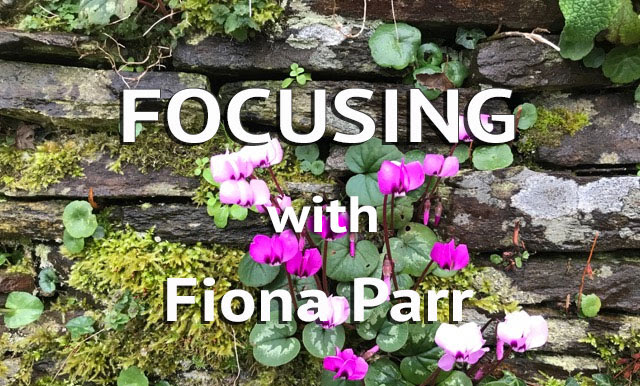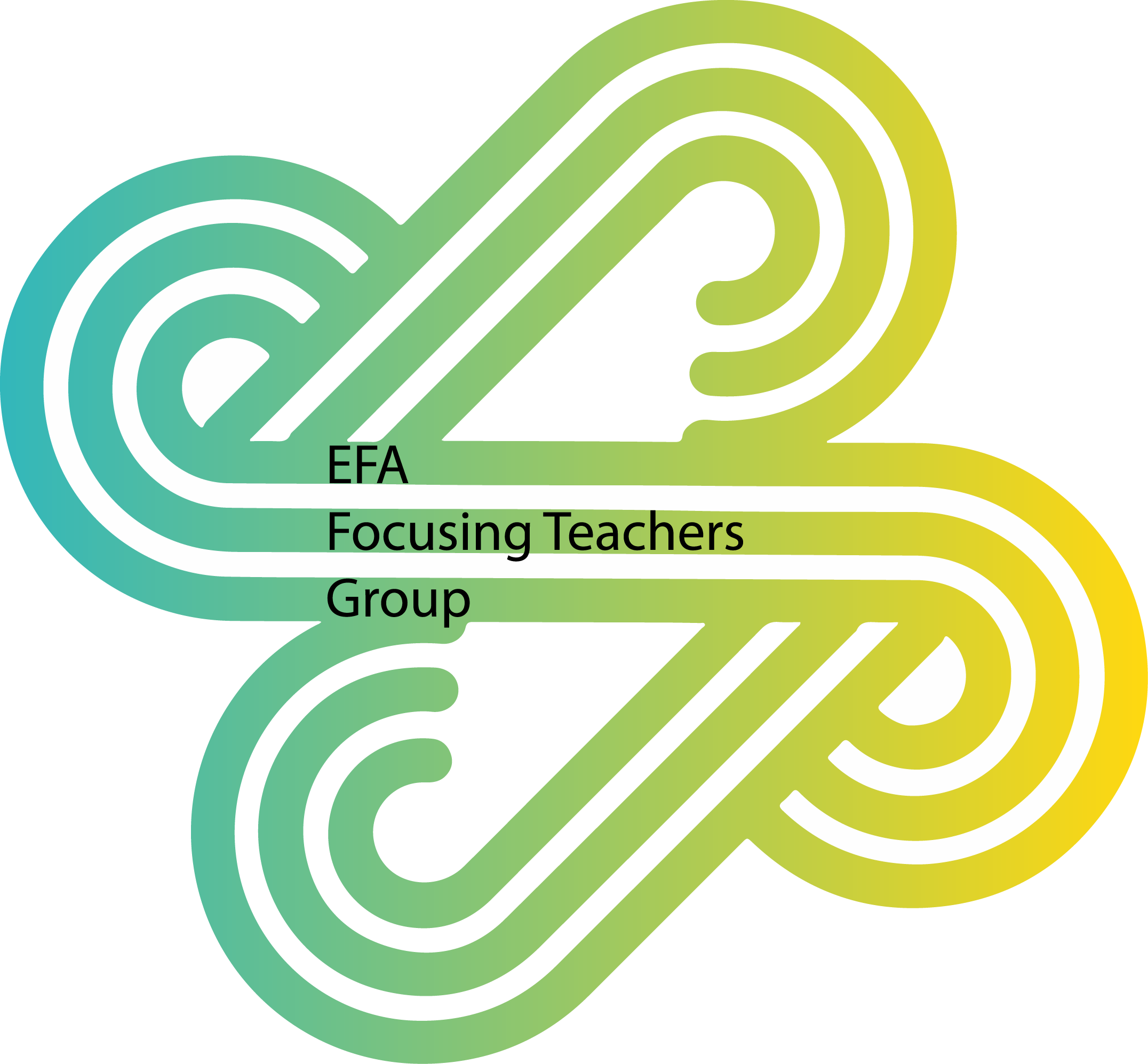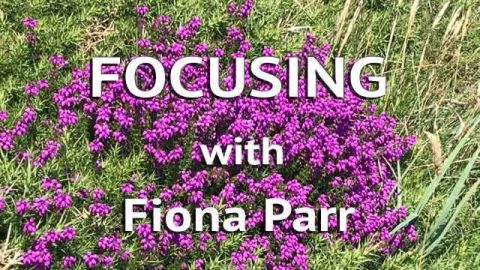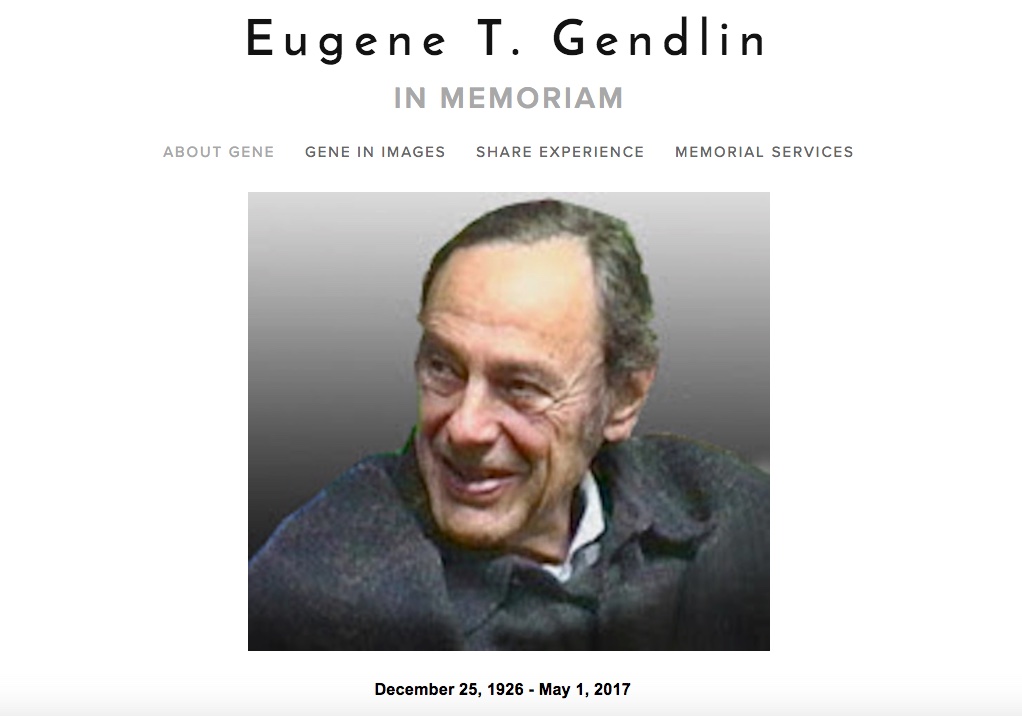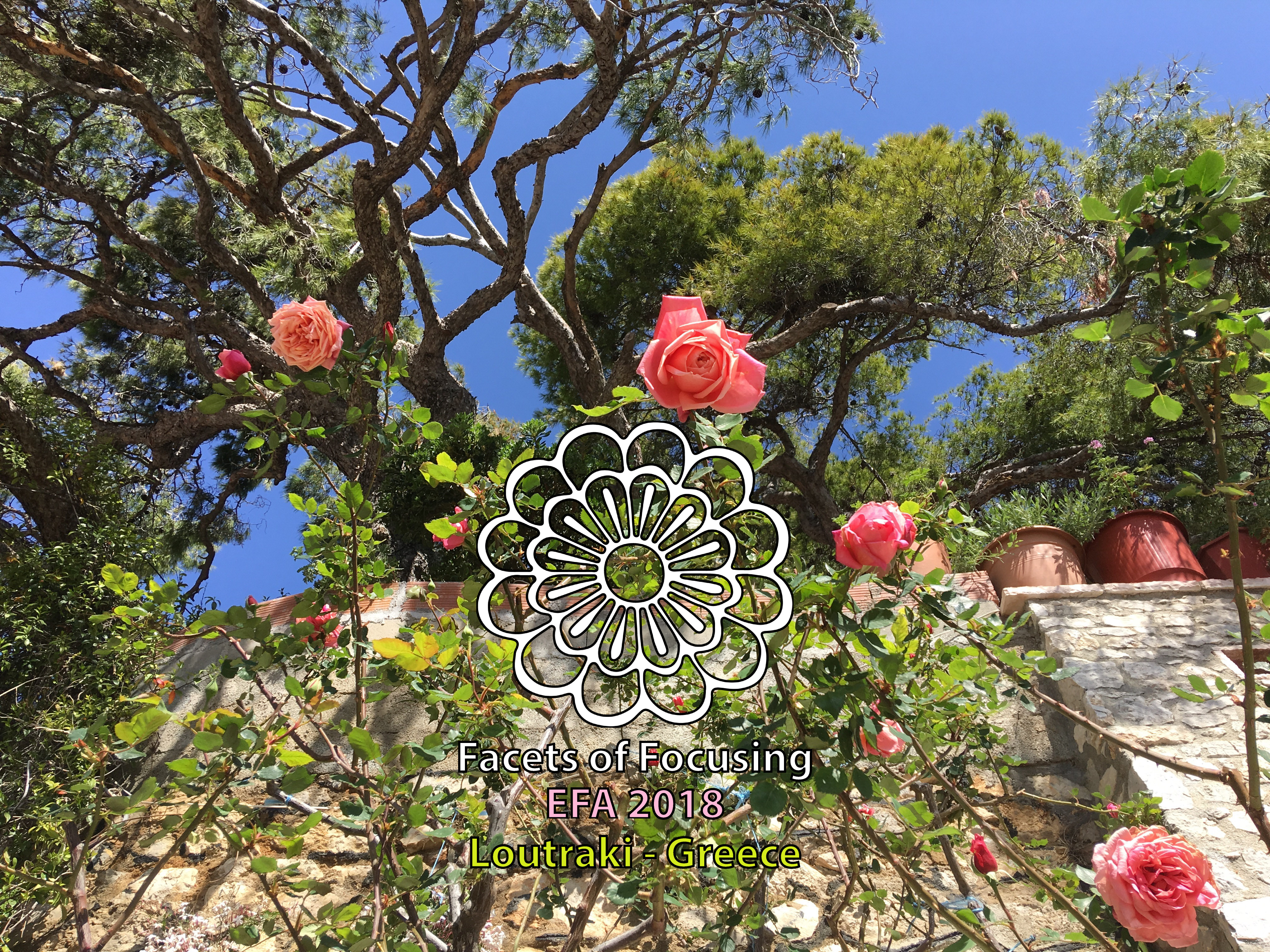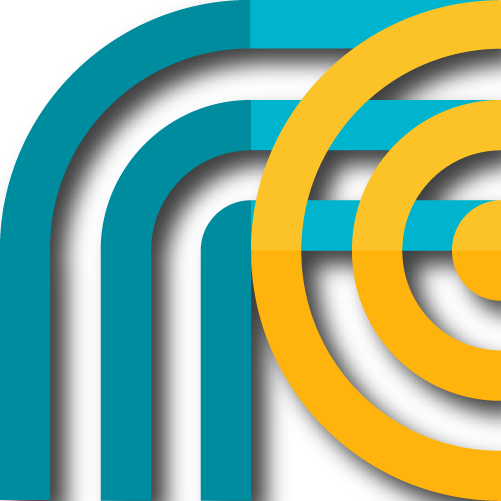Focusing Tip No. 122
If you feel stuck with something in your life, and you don’t know what to do, Focusing can help.
We all make decisions every day. Some are small and some feel big and difficult to make. Sometimes life situations feel intractable and there’s no way out of it. Or maybe you feel stuck and don’t know what to do.
This is where Focusing can help.
How to do Focusing.
- Pause, slow down and stop.
The pause is one of the key characteristics of Focusing. It brings you into the present moment and you can then pay attention to your direct experience, as it is happening now.
Spiritual teacher Adyashanti says, ‘Stop and feel where you are.
Stop struggling to get out, stop looking for security, and stop anxiously reaching for the answer or the resolution. - Wait in the not-knowing space.
Adyashanti says, ‘Feel the presence of that moment and let yourself inhabit the quieter part of your being by being willing to not know, and stay in an insecure, unconcluded inner atmosphere.’ - Invite something new to come, something that you don’t yet know.
Adyashanti says, ‘Open to a new vision, to something that is not a repeat of the same old way you have done things, which never worked.
You must be open and listen.’[1]
Listening in this way has the quality of expectancy and openness.
You are inviting a sense of the life-forward energy to become available to you.
When you do this, you will often find that something fresh comes, all on its own.
You didn’t ‘make it happen’. It comes by itself, and it can feel remarkable, like grace.
You experience a shift, not only of perspective and how you are ‘carrying’, or holding an issue. You can also experience a genuine, palpable step of change.
Two things you can do to support this possibility of change.
- Find an image or a few words that describe how the whole situation, issue or ‘thing’ feels to you.
Find a way to say what your experience of it is like for you.
Gene Gendlin calls this a ‘handle’ word. It gives you something to hold onto while you pause and wait. Doing this helps you to stay with it and not lose track of it.
If your mind wanders, you can come back to the image or the words, and that reconnects you with the felt sense. - Have a Focusing partner to listen to you and keep you company.
The presence of someone else makes a big difference to how you experience yourself in that moment. They help you to stay present and prevents your mind from wandering off.
They help you to be gentle and compassionate with your struggles and they help you to welcome whatever new steps come, as you stay with something.
When you have finished Focusing, you swap around and listen to them.
Adyashanti says of his experience, ‘[This] was the beginning of learning a trust that is essential in life. No matter how we come about it, we can trust in something that is beyond our current experience, beyond our current knowledge, and beyond mind. This resource of great wisdom and love, this faith, is rooted within our being. It feels like grace—it feels like something extraordinary.’
[1] Adyashanti 2019 The Most Important Thing P. 55.

